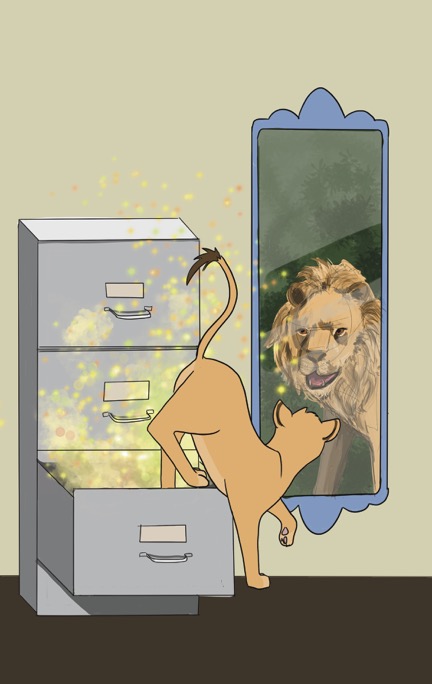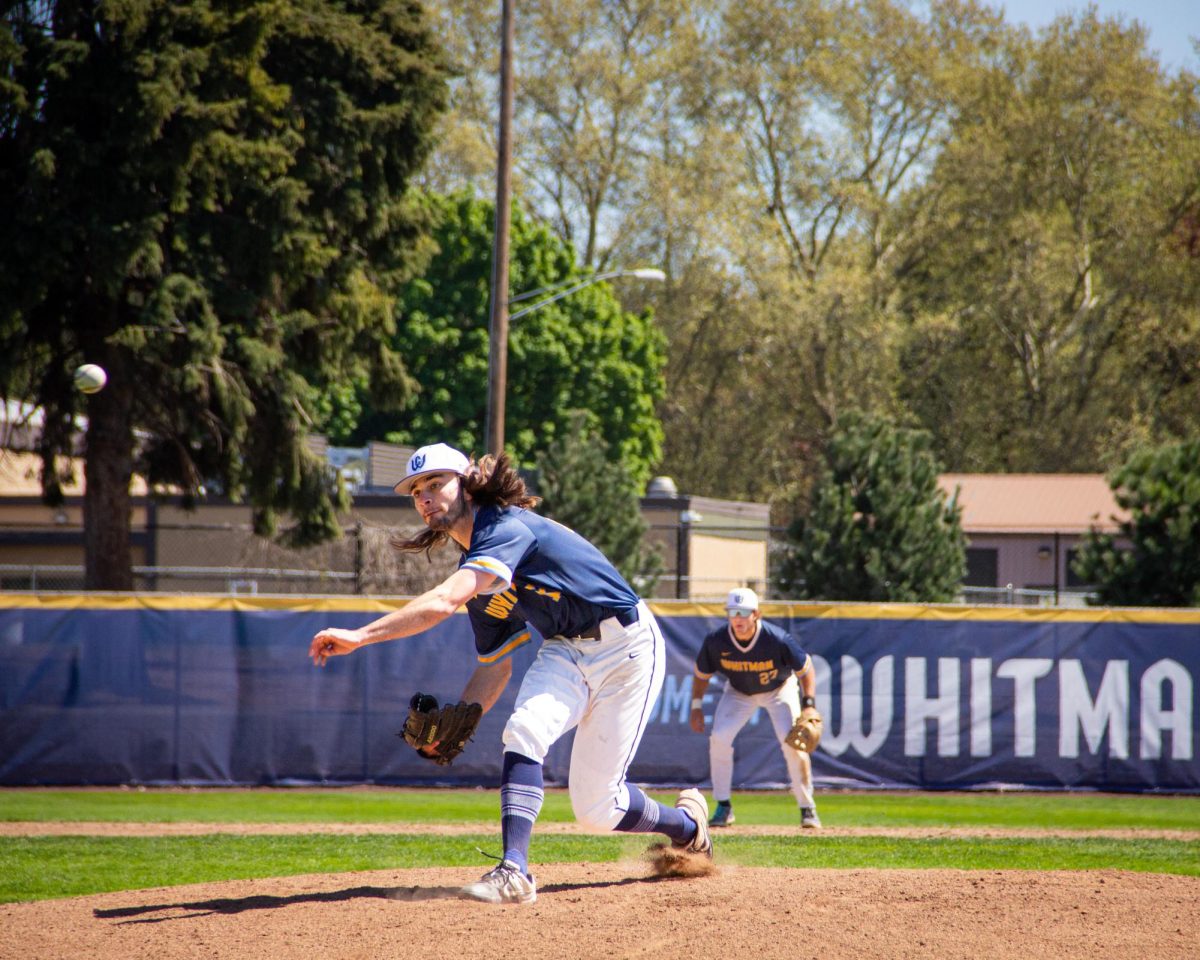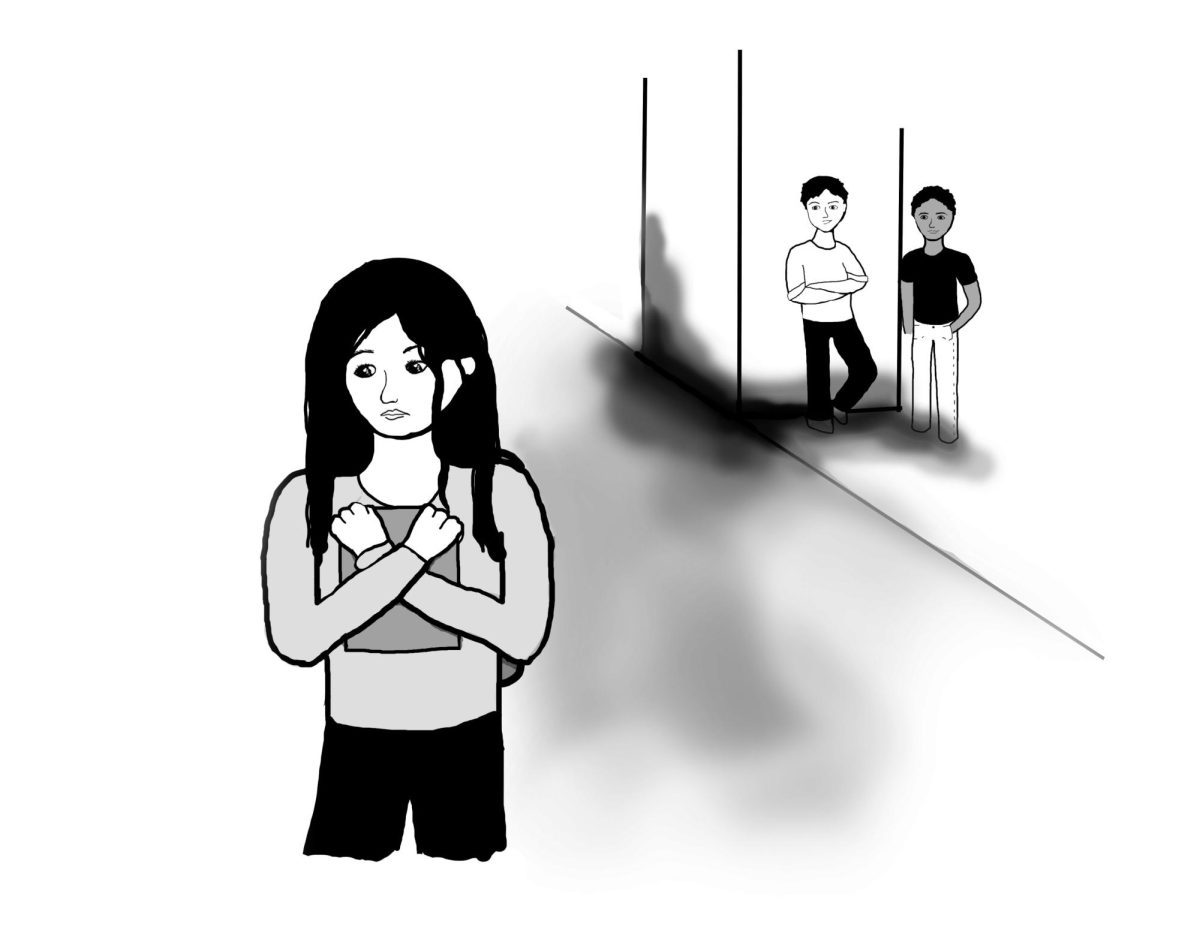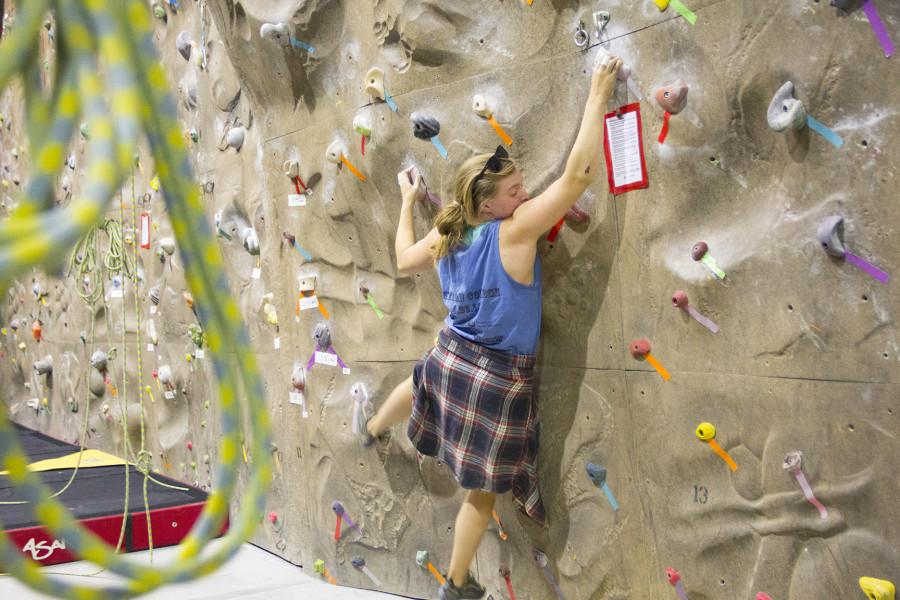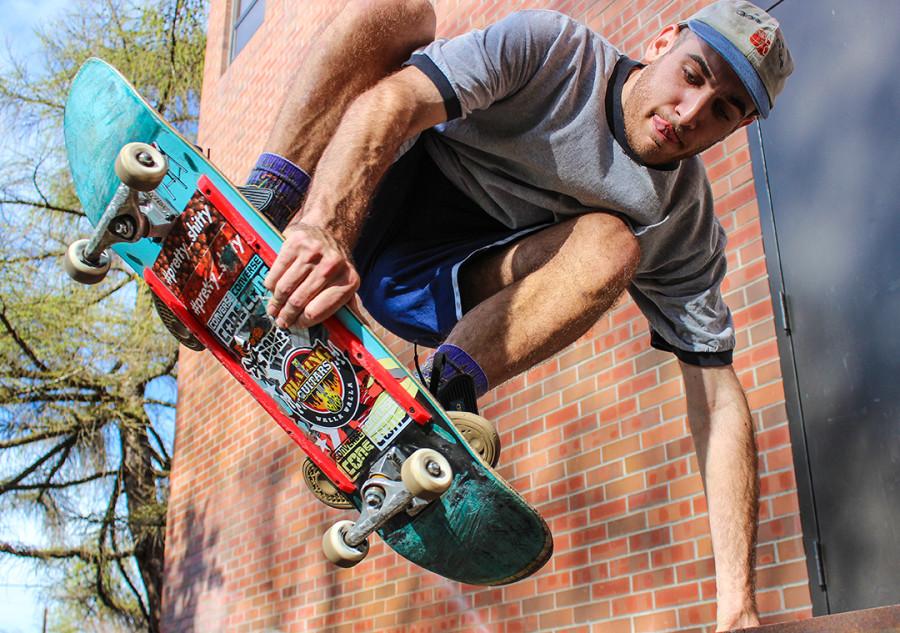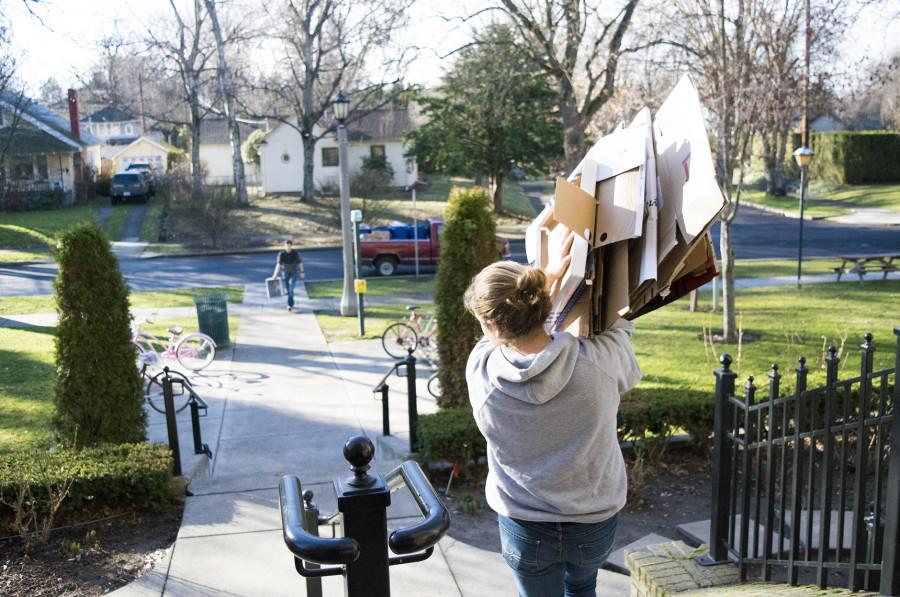
Asking people about their holiday traditions leads to incredibly diverse responses, from candles to nativity scenes to roller-skating to teddy bears. Whether the basis is cultural, religious, traditional or just for fun, no two people have exactly the same traditions.
For senior Maikor Pereira Azuaje, the holiday season starts in September. Pereira Azuaje, an anthropology major and geology minor, moved to the United States from Venezuela to attend Whitman College.
In Venezuela, a country heavily influenced by Catholic culture, Christmas is celebrated a little differently than in the United States.
“We celebrate Christmas in September, and it goes to the end of October. We still celebrate the one in December because everyone else is doing it. And for that one, we get a break from school. So the traditions are kind of shaky right now because of globalization and Americanization,” he said.
Pereira Azuaje describes his faith as Christian Protestant, and his family traditions focus on the birth of Jesus. Instead of decorating a tree, they make their own nativity scenes.
When Pereira Azuaje thinks of Christmas, he doesn’t think of snowy pine trees. Instead, a scene of date trees and camels in the desert comes to mind. His family celebrates Christmas in September because they believe Jesus was actually born around that time of year. Pereira Azuaje’s grandmother told him that Jesus couldn’t have been born in December because the Israeli shepherds who visited the manger would not have taken their sheep outside in such cold weather.
“I think the birth of Jesus used to be more central. And since he is the birthday boy, we don’t get presents on [Dec.] 25 or 24. We get our presents on the sixth of January, which is the day of the three wise men. They’re the ones that bring the presents in the Bible, so we believe they are the ones that bring us presents. So we leave water and grass for their camels,” said Pereira Azuaje.

![]()
![]() Just when Pereira Azuaje’s celebration of Christmas came to an end this year, Diwali occurred on Nov. 3. Senior Nandini Rathi, who is originally from northwest India, has grown up celebrating Diwali. This year was the sixth holiday she celebrated away from home. Diwali is a Hindu festival, also known as the festival of lights.
Just when Pereira Azuaje’s celebration of Christmas came to an end this year, Diwali occurred on Nov. 3. Senior Nandini Rathi, who is originally from northwest India, has grown up celebrating Diwali. This year was the sixth holiday she celebrated away from home. Diwali is a Hindu festival, also known as the festival of lights.
“The most popular story is that [Diwali] is about the homecoming of one of the gods. He comes back after having defeated his archenemy who had abducted his wife. He is victorious, and Diwali celebrates his coming home. Culturally it’s a lot about reuniting with family. It’s also the time when, according to the Hindu calendar, it’s the New Year,” said Rathi.
Rathi fondly remembers the delicious food that her relatives and neighbors prepared during this festive time. Some of the desserts include kaju katli, a diamond-shaped treat made from cashews; gulab jamun, a soft sweet coated in syrup; and laddu, a flour-based dessert that Rathi’s grandmother makes every year.
Although Diwali is a religious festival, religion does not always have to be the main focus. Rathi said that many people born into Hindu families do not identify as religiously Hindu. Culturally the festival is Hindu, but it can be more about a fun time rather than worship if that’s what you wish it to be.

“I think there are many ways one can interpret a festival. This festival has some other stories as well, so other people have different reasons of why they celebrate. But it doesn’t matter what the reason is since they are all good reasons,” said Rathi.
Later in November, most students born in the United States start looking forward to Thanksgiving break. There is a stereotypical scene that comes to mind when one thinks of Thanksgiving, but for many families, this isn’t accurate. For example, my family spends Thanksgiving hunting deer and spending the night in a small cabin on the outskirts of Kodiak Island in Alaska.
Sophomore Audrey Thimm has fond memories of Thanksgiving with her grandmother each year.
“No one is allowed to drink in her presence, and the mere mention of alcohol would provoke an ad nauseum rant of the perils of adult beverages. So imagine my surprise when I found a bottle of brut in her kitchen cabinet last Thanksgiving. My father and I cleverly stashed it in the garage and would casually slip out every now and then to take a shot of courage, or ‘get some soda from the fridge,'” she said.
Just as soon as Thanksgiving comes to an end, many Whitman students start looking forward to Christmas. When we were little kids, Christmas meant presents. For many of us now, Christmas is a welcome break from school and a chance to see our families after months away from them, but there is still a little bit of kid in all of us.
First-year Katie Foutch looks forward to opening one present on Christmas Eve every year. In her family, these presents aren’t a surprise. Everyone always gets pajamas.
“When we wake up Christmas morning, we’re already wearing a new present! Also, we look extra swanky in our Christmas pictures because we all have awesome new pajamas. My all-time favorite Christmas pajamas come down to a tie between the cupcake PJs I got last year and the time my mom made my teddy bear and me matching pajamas when I was seven years old,” said Foutch.
First-year Lauren Benedict has a food-related family tradition. She spends her Christmases making nisua with her family.
“It’s a Finnish sweetbread, kind of like a cinnamon roll, but better. Making nisua means spending the whole day with my mom and my family in the kitchen. And it means devouring delicious cardamom, cinnamon, coffee, sugary goodness,” she said.
The last holiday of the winter season is New Year’s Day. Traditions such as watching the ball drop and getting a kiss at midnight are common in the United States, but in Venezuela, Pereira Azuaje partakes in some different traditions.
“For [the] new year, there are so many crazy traditions. One I do myself is grabbing a suitcase and going around the block in my neighborhood. I greet people on my way. By doing that, it will give me luck in the following year, and I will travel. I’ve been doing it since I was 11 and it works!” he said.
While Americans are watching fireworks and making resolutions that they may or may not keep, in Venezuela it is popular to wear white for a fresh start or to eat 12 grapes during the countdown to midnight. The children of Venezuela can be found roller-skating around the town.
“In Venezuela we roller skate because we don’t have any ice rinks. So children go outside at 4 [a.m.] and they skate around the town squares until sunrise. And then go to mass,” said Pereira Azuaje.
Mass is the primary service that Catholics attend every Sunday.
The great thing about the New Year is that it signifies a new beginning –– a beginning to a new year and time to look forward to another holiday season.





